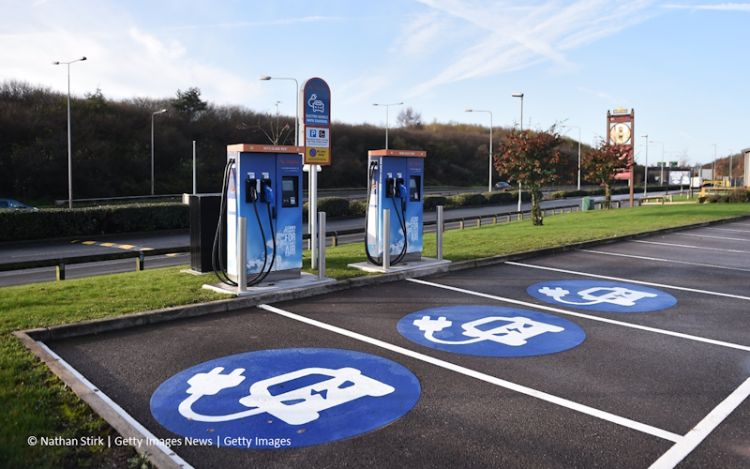Are Electric Vehicles more sustainable than petrol vehicles?
A recent study indicates that electric vehicles (EVs) registered in 2020 are 40% more sustainable than petrol-engine vehicles, with projections suggesting this margin will increase to 55% by 2030.

A recent study by Germany's Federal Environment Agency (UBA) revealed that electric vehicles (EVs) registered in 2020 are 40% more sustainable than gasoline-powered ones. This sustainability advantage is expected to increase to an impressive 55% by 2030, reflecting the growing use of green energy sources. Adopting EVs will not only promise environmental benefits in the future but will also have social advantages, such as:
- reducing air and noise pollution in urban areas
- having unequivocal positive effects on public health.
Despite concerns regarding electric vehicles production and disposal, the study also points out that EVs maintain this sustainability advantage throughout their life cycle. In fact, while mining raw materials for EV batteries carries negative environmental impacts, the increasing recycling of essential materials for battery production has significantly contributed to these vehicles' long-term sustainability.
Nevertheless, UBA's study acknowledges the adverse effects of EVs on the environment, particularly on water (such as eutrophication and algae proliferation) and soil (acidification). These impacts are mainly because fossil fuels are still used to generate electricity. As the percentage of sustainable e-fuels increases and fossil fuel usage reduces, the adverse environmental effects are expected to diminish. Additionally, the study estimates that, by 2050, electric vehicles will cause 27% less eutrophication compared to petrol vehicles.
The analysis also underscored the environmental impact of LNG-powered* light trucks, revealing no ecological advantage over diesel trucks. However, according to the analysis, electric trailer trucks registered in 2030 are projected to be up to 78% more sustainable than their fossil fuel-powered counterparts, mainly due to their high mileage. In addition, the UBA emphasizes that reducing truck tolls in Germany has generated significant potential for electric trucks, which must be met by expanding charging infrastructures specifically for trucks.
In conclusion, this study reveals the sustainability of electric vehicles, showing a future in which they play a crucial role in meeting climate goals. Despite EV adoption's challenges, ongoing technological advancements, including enhanced autonomy and the establishment of fast charging networks, offer promising prospects for a greener and more sustainable automotive industry.
Source:
Fleet Europe
* Liquefied natural gas
- Frotcom
- Germany's Federal Environment Agency (UBA)
- Electric vehicles
- EVs
- Diesel vehicles
- Green energy
- Electric trucking
- Sustainable transportation
- Climate goals
- Renewable energy
- EV battery recycling
- Emissions reduction
- Sustainable mobility

